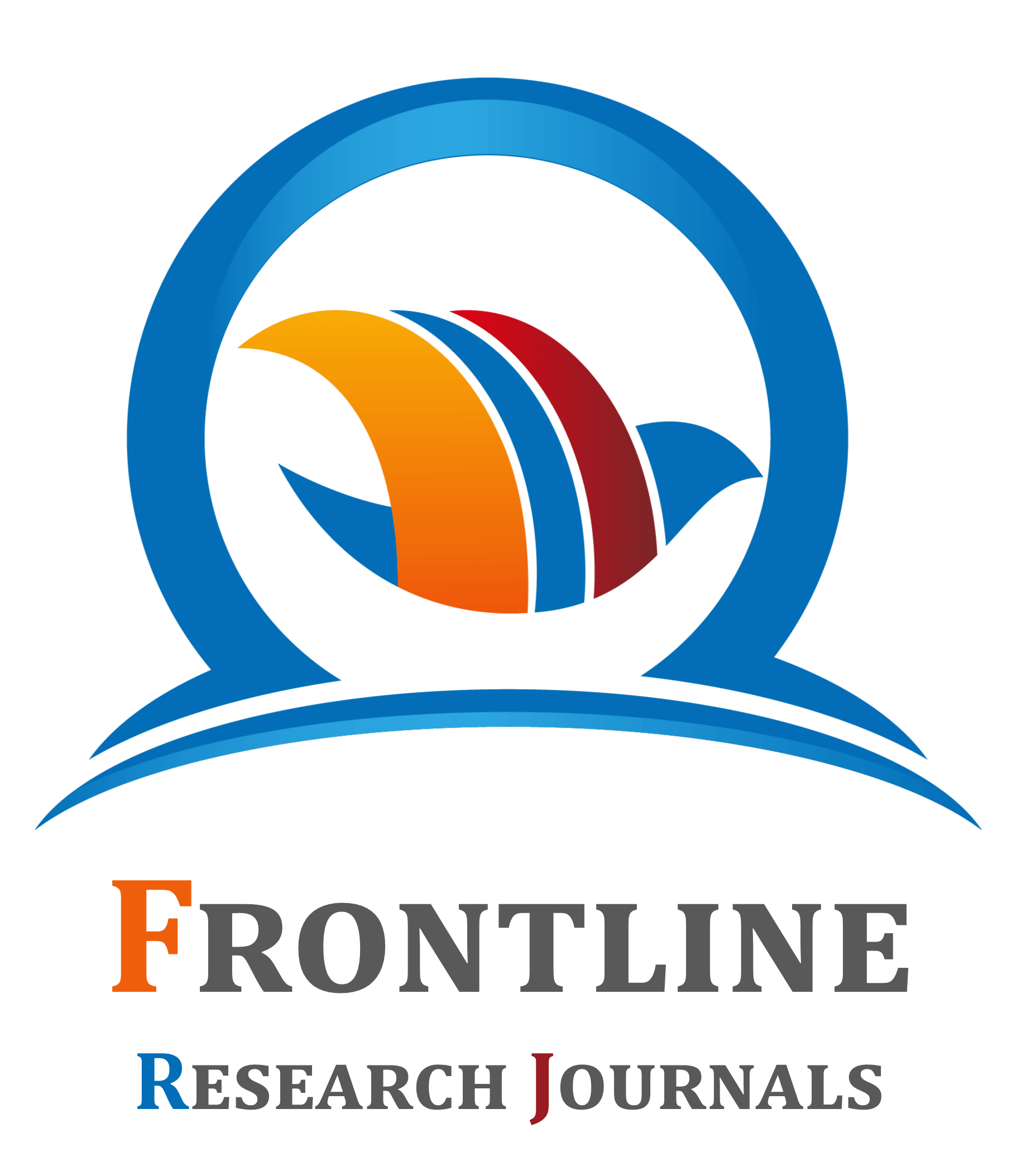A theoretical model for standardized taxation of Nigeria’s informal sector: A pathway to compliance
1 Imo State Internal Revenue Service, Nigeria.
2 Zenith General Insurance Company Limited, Nigeria.
3 The Velvet Expression, Lagos, Nigeria.
4 Independent Researcher, Lagos, Nigeria.
5 Zenith Bank Nigeria.
Review
International Journal of Frontline Research in Science and Technology, 2022, 01(02), 083–097.
Article DOI: 10.56355/ijfrst.2022.1.2.0058
Publication history:
Received on 17 November 2022; revised on 23 December 2022; accepted on 25 December 2022
Abstract:
This paper proposes a theoretical model for standardized taxation of Nigeria's informal sector as a pathway to enhanced tax compliance. The informal sector, which constitutes a significant portion of Nigeria's economy, remains largely untaxed, posing challenges for government revenue generation and economic formalization. Existing tax policies are often unsuitable for the unique characteristics of informal enterprises, resulting in non-compliance, tax evasion, and limited financial accountability. The proposed model advocates for a structured approach, integrating simplicity, flexibility, and fairness, to ensure that taxation is both feasible and attractive for informal businesses. The model highlights three key components: simplified tax structures, digital tax platforms, and incentivized compliance mechanisms. First, it proposes a simplified tax structure that accommodates the low-income nature of most informal businesses while ensuring that tax rates are progressive, based on revenue tiers. This system would reduce the administrative burden on both the government and informal sector participants. Second, the model encourages the adoption of digital tax platforms to facilitate ease of registration, payment, and record-keeping. Mobile-based tax systems, given Nigeria's widespread use of mobile phones, are positioned as a key enabler for improving tax collection efficiency and transparency. Such platforms would also allow for better tracking of transactions and revenue flows within the informal economy. Third, the model proposes incentives for compliance, including tax breaks, access to micro-finance, and formalization benefits such as business registration and legal protection. These incentives aim to reduce resistance to taxation and foster a positive relationship between informal businesses and the tax authorities. By implementing this theoretical model, Nigeria can promote tax compliance within its informal sector, expand its tax base, and enhance overall economic governance. This paper contributes to the ongoing discourse on formalizing the informal sector and underscores the need for inclusive, adaptable taxation systems.
Keywords:
Informal sector; Taxation; Compliance; Nigeria; Digital tax platforms; Simplified tax structures; Incentivized compliance; Revenue generation; Economic formalization
Full text article in PDF:
Copyright information:
Copyright © 2022 Author(s) retain the copyright of this article. This article is published under the terms of the Creative Commons Attribution Liscense 4.0
